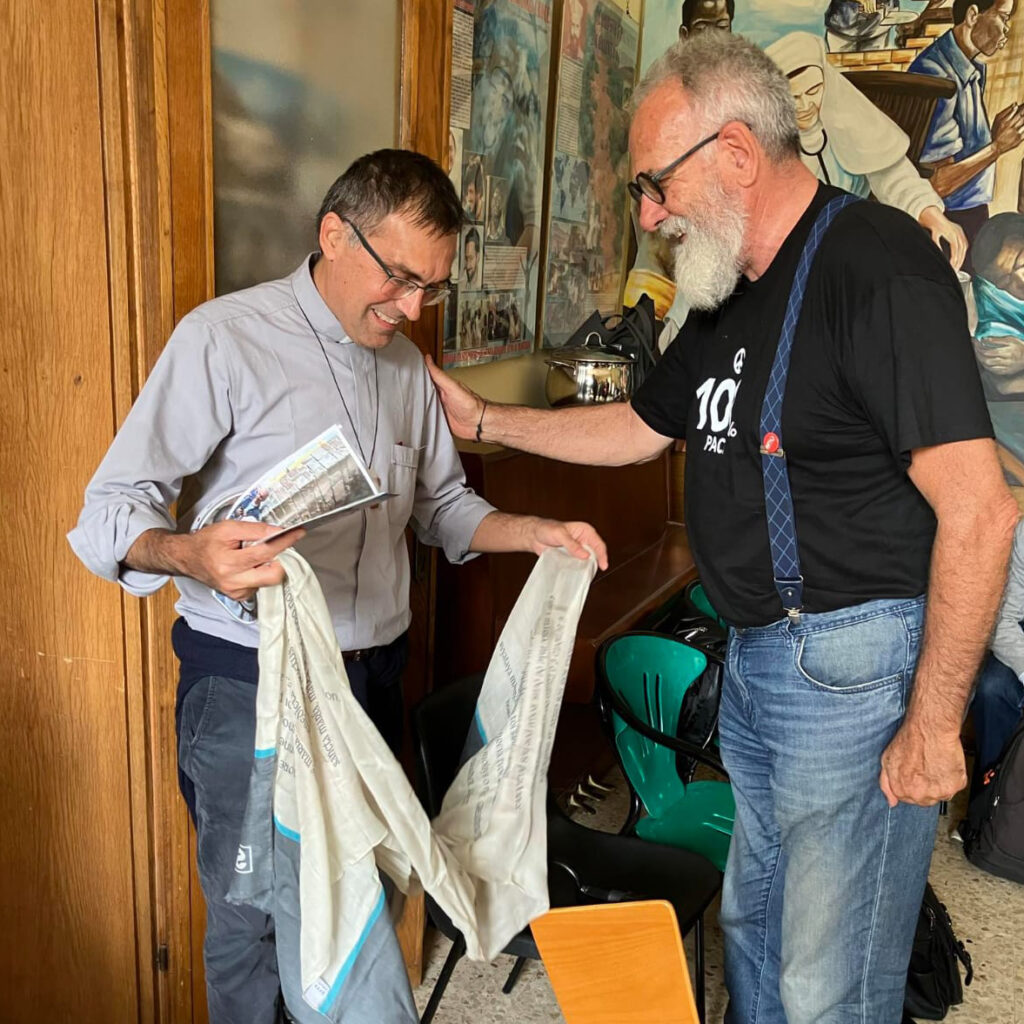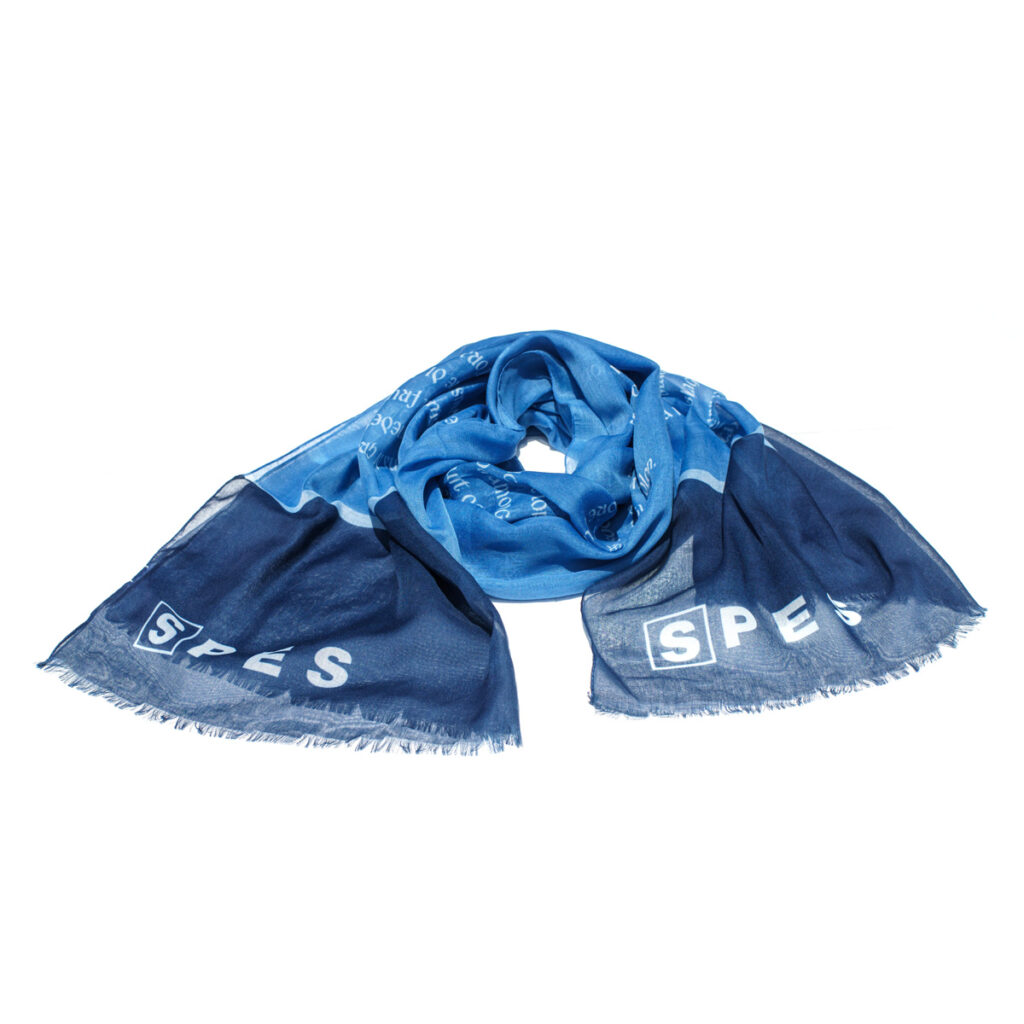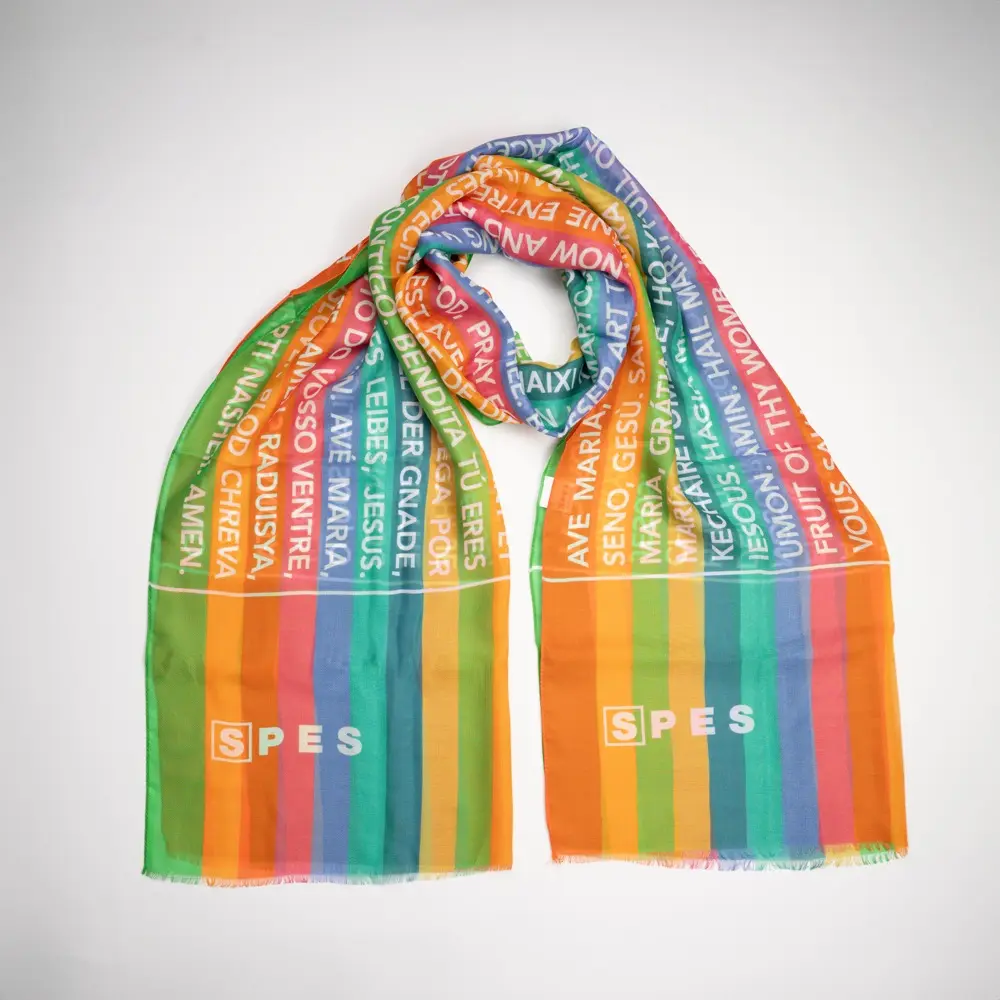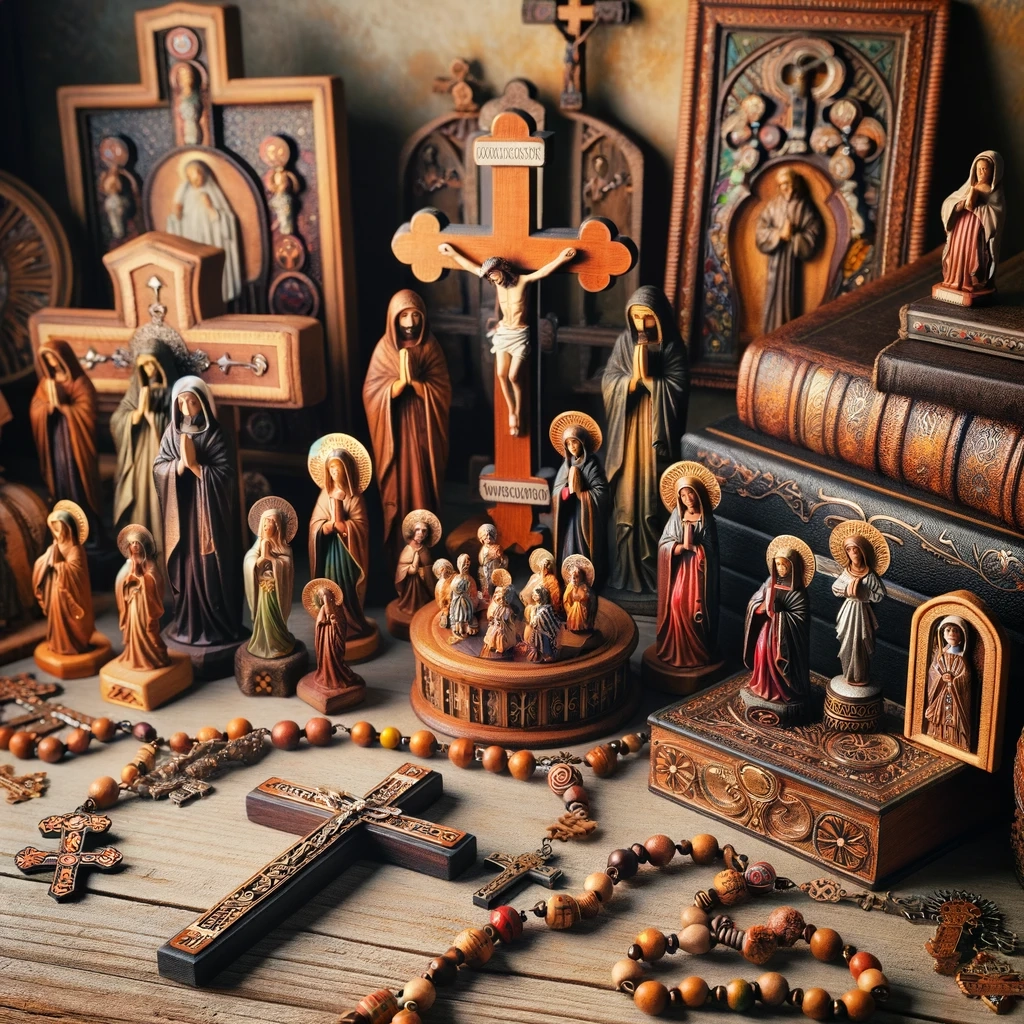Biography and Early Career
Luigi Giussani (1922-2005) was an Italian Catholic priest and educator, best known for being the founder of the Communion and Liberation (CL) movement. He was born on October 15, 1922, in Desio, northern Italy. During his youth, Giussani showed great interest in philosophy and theology, and later devoted himself to teaching.
Educational Impact and Foundation of Communion and Liberation
Giussani became a religion teacher at the Liceo Berchet in Milan, where he had a significant influence on the formation of young people. His educational vision was based on the idea that the Christian faith was not just a belief system, but a full and engaging response to human life. His experience as a teacher and his deep understanding of educational issues led him to found the Communion and Liberation movement.
Literary and Philosophical Contributions
Giussani wrote numerous writings, books and works, where he developed his philosophy and vision on education, inviting people to take their lives seriously and discover the beauty of the Christian faith.
Inheritance and Influence
His figure and thought influenced not only the Communion and Liberation movement but also the Catholic Church as a whole. His legacy has spread beyond the borders of Italy, with the movement developing in many parts of the world, promoting the culture of communion and freedom in faith.
Communion and LiberationOrigins and Goals of the Movement
Communion and Liberation (CL) is a Catholic lay movement founded by Fr Luigi Giussani in 1954 in Milan. The movement aims to spread and live out the values of the Christian faith within contemporary society. Its main goal is to foster an authentic experience of communion between faith, culture and daily life.
Activities and Initiatives
CL organizes various cultural initiatives, events, prayer meetings and conferences aimed at fostering in-depth reflection on ethical, social and religious issues, with the intention of integrating faith into daily life.
Social and Educational Presence
The movement also promotes an active presence within society, encouraging its members to participate responsibly in civic, political and cultural life. It also pays special attention to education, both formal and informal, supporting educational projects that aim at the integral growth of the person.
Fundamental Principles and Structure
Communion and Liberation is based on certain fundamental elements such as the centrality of Christian proclamation, participation in the life of the Church, the centrality of individual freedom and responsibility, and the desire to contribute positively to society. The movement has an organizational structure that includes local communities, prayer groups, cultural and school associations, as well as a social media presence and a communication network that disseminates its activities and reflections.
Global Influence and Growth
Over the years, Communion and Liberation has continued to grow and influence different spheres of society with its message of faith, freedom, culture and social engagement.







